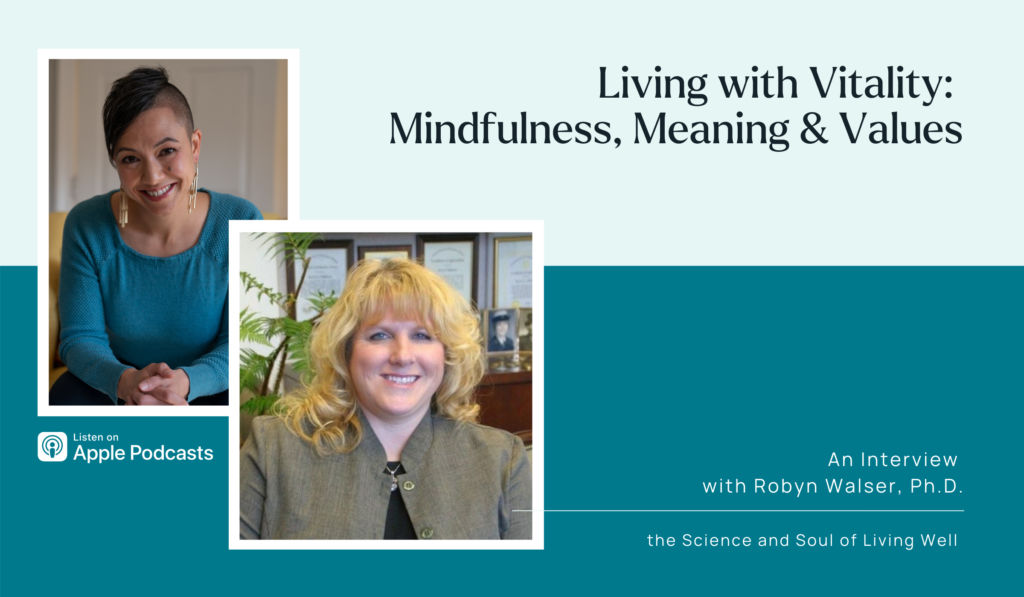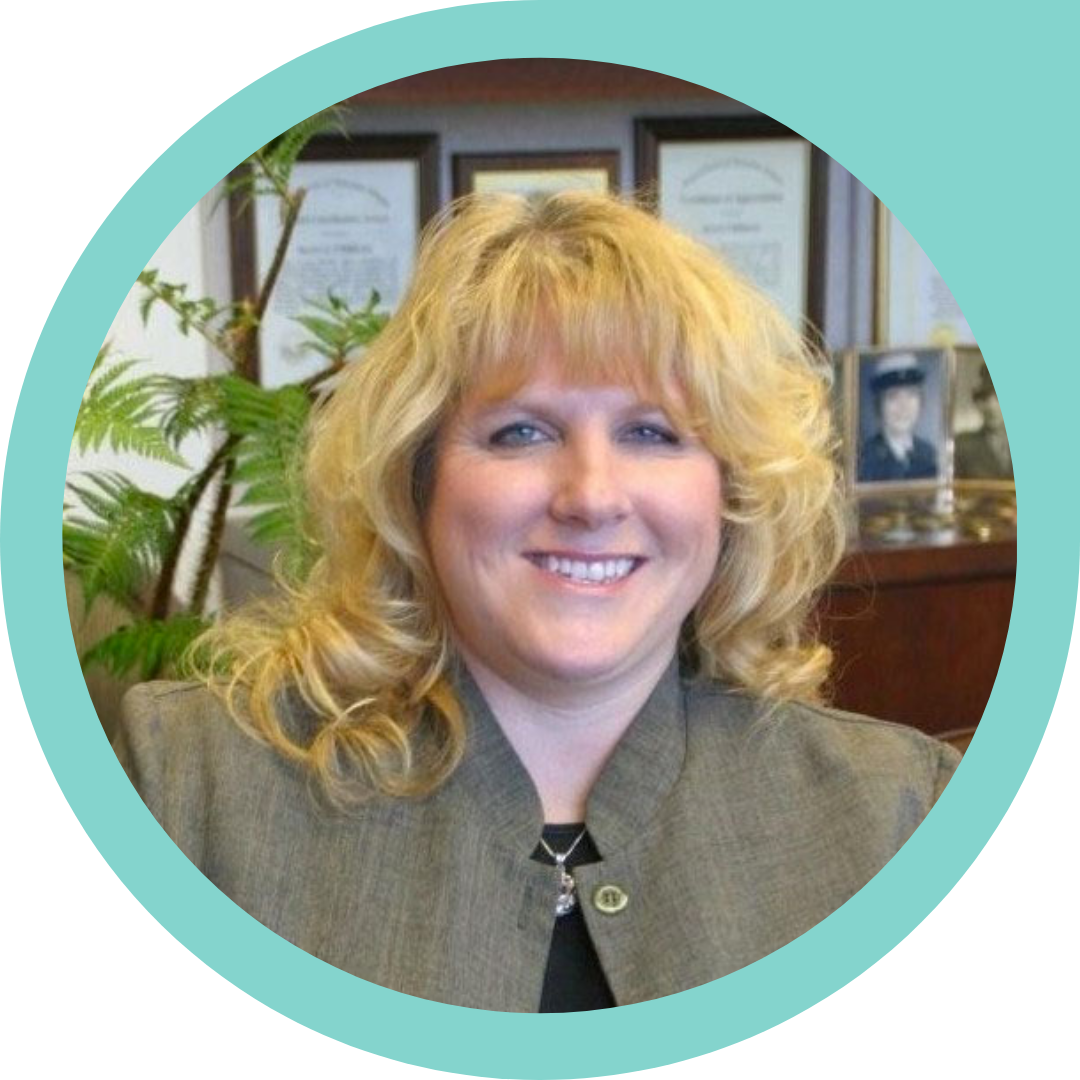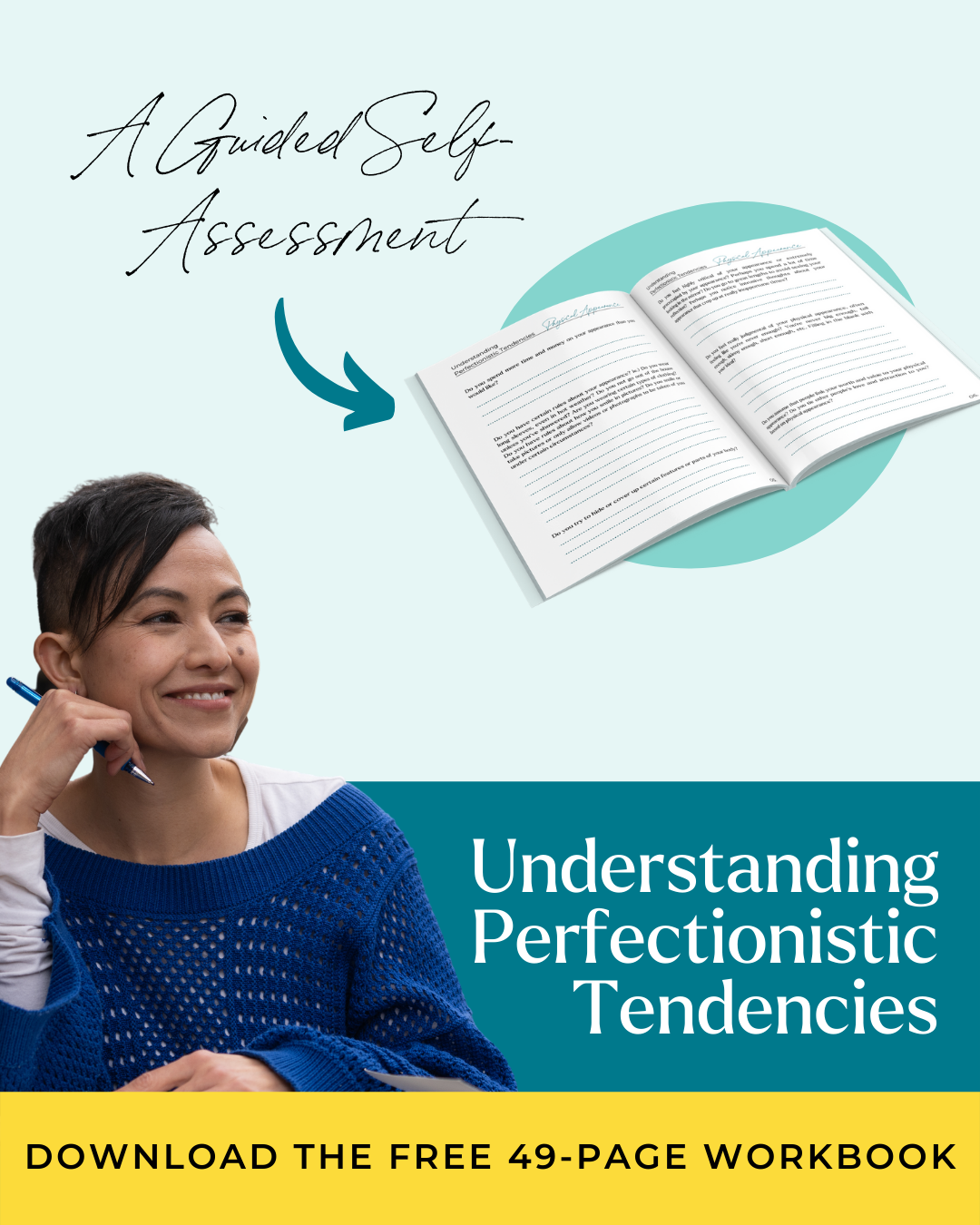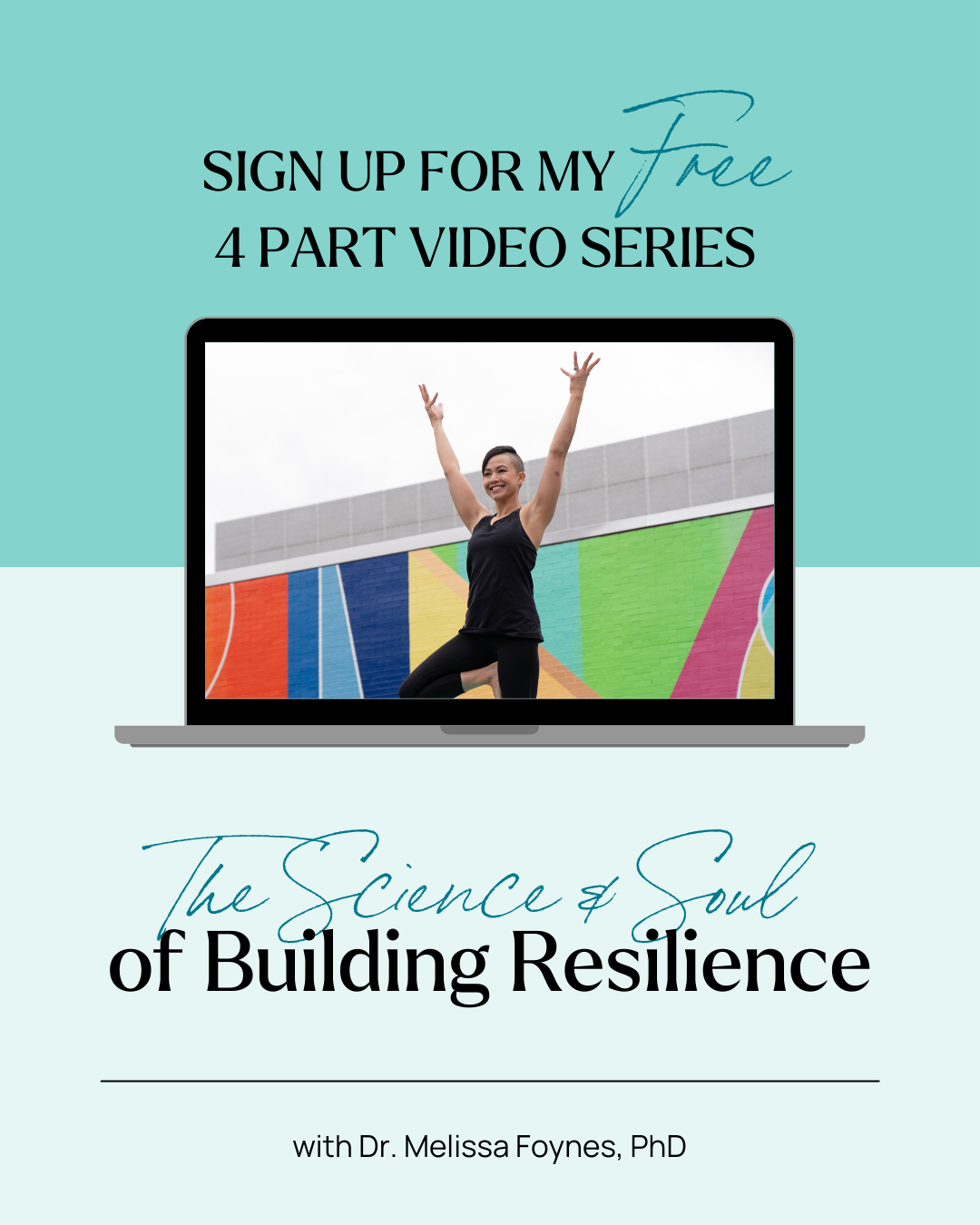welcome, I'm Melissa
Links
As a holistic coach, psychologist, mindfulness, meditation & yoga instructor, & Ayurvedic doula I offer personalized paths to growth & healing.
you may also like...
Living with Vitality: Mindfulness, Meaning and Values An Interview with Robyn Walser, Ph.D.
May 20, 2021
In my conversation with Dr. Robyn Walser, we discuss ways we can change our relationship to painful experiences in order to move more freely in our lives. We talk about how living life with vitality — rather than focusing on eliminating certain symptoms — can help us meet painful emotions, such as anxiety and grief, without shame and self-blame.
Robyn is a licensed psychologist who is the Director of TL Consultation Services and the Co-Director of Bay Area Trauma Recovery Clinical Services. She maintains an international training, consulting and therapy practice, and she is an expert in Acceptance and Commitment Therapy (ACT). Robyn is also a warm-hearted soul with much wisdom to share.

What is Acceptance and Commitment Therapy
 Melissa: I was hoping we could start with an introduction to ACT — what it is and how you use it in your own life.
Melissa: I was hoping we could start with an introduction to ACT — what it is and how you use it in your own life.
 Robyn: ACT, or Acceptance and Commitment Therapy, is a cognitive-behavioral intervention that is basically captured in its name. We work on acceptance of our internal experiences, and changing the relationship to our emotions, thoughts and sensations so that we’re released. We’re able to move more freely in our lives.
Robyn: ACT, or Acceptance and Commitment Therapy, is a cognitive-behavioral intervention that is basically captured in its name. We work on acceptance of our internal experiences, and changing the relationship to our emotions, thoughts and sensations so that we’re released. We’re able to move more freely in our lives.
ACT uses mindfulness and acceptance processes to help people come back to really being human, and letting the human experience be acceptable and okay, and understanding that their insides are not damaged and broken. We can still go on and create very meaningful and vital lives, which is what the commitment part is about. We work to clarify values — to understand what’s important to people and what they’d like to see unfold in their lives — so that they’re able to move forward into values-based living instead of just being oriented on symptom reduction.
It’s not that symptoms don’t improve; they definitely do when you look at the research. But it’s not the focus. The focus is on meaning and vitality and values. And for me, if I’m not doing it in my own life, it’s going to be very hard to help people do it in theirs. So I’m always practicing acceptance and looking to my values to guide me in creating personal meaning. I have a small mindfulness practice, and I wish I could say I did tons of — but probably every other day.
And I have a relationship with my internal experience that’s kind and compassionate rather than thinking there’s something wrong with me or I’m disordered in some way. I sort of reject those notions. I want to work with clients and be present to myself. Even if I have an emotion that’s labeled as unpleasant, it doesn’t mean that I’m dysfunctional or broken.
 Melissa: I love that you shared how you practice these principles in your own life, particularly the emphasis on inner kindness. When something in our lives goes wrong — or we judge it as going wrong — many of us are conditioned to believe there’s something wrong with us, or that we are to blame. And it seems like there’s so much opportunity to relate differently to ourselves in the face of a life circumstance that hasn’t turned out how we wanted, anticipated or hoped.
Melissa: I love that you shared how you practice these principles in your own life, particularly the emphasis on inner kindness. When something in our lives goes wrong — or we judge it as going wrong — many of us are conditioned to believe there’s something wrong with us, or that we are to blame. And it seems like there’s so much opportunity to relate differently to ourselves in the face of a life circumstance that hasn’t turned out how we wanted, anticipated or hoped.
 Robyn: One of the things that I really appreciate about ACT is that it focuses on the context of people’s experience, not just their experience. The experience is important, and we want to understand what their emotions and thoughts about the experience are. But the context is vital too, such as, what are their current circumstances? How are their relationships going? Are they socially connected? Do they feel like their quality of life is where they’d like it to be? Are they finding joy in their experiences? Or is their context and historical process one that’s been oppressive?
Robyn: One of the things that I really appreciate about ACT is that it focuses on the context of people’s experience, not just their experience. The experience is important, and we want to understand what their emotions and thoughts about the experience are. But the context is vital too, such as, what are their current circumstances? How are their relationships going? Are they socially connected? Do they feel like their quality of life is where they’d like it to be? Are they finding joy in their experiences? Or is their context and historical process one that’s been oppressive?
For instance, let’s look at the context of a long history of domestic violence or racial trauma. The last thing I want to do, in that place, is turn to someone and say, “There’s something wrong with you” or “You’re depressed.” It takes the person out of context and pathologizes the behavior with a diagnosis. I want to back up from that system and take a closer look at all of the contextual variables, at least the ones I can be aware of.
Also, it’s not only about wanting to get rid of a symptom. What do they want to create in their lives? Life is so short, and we don’t appreciate it until we get older. If we can begin an appreciation now for this period of time between birth and death — and make it as meaningful as possible — that’s different than going in and saying that we need to feel better, or not have these experiences, before we can finally live our lives.
Creating meaning helps us mindfully moving away from grief
 Melissa: As you were talking Robyn, I was thinking about how many of us, because of our experiences like trauma or various forms of oppression, can get to a place where we feel somewhat grief-stricken and hopeless about circumstances in our lives. So your emphasis on the context is so valuable. When our external circumstances are structured in a way that reinforces grief and hopelessness, we feel like the problem is our perspective — like we need to become less hopeless or less full of grief. That can be problematic because that’s not the reality of our lives.
Melissa: As you were talking Robyn, I was thinking about how many of us, because of our experiences like trauma or various forms of oppression, can get to a place where we feel somewhat grief-stricken and hopeless about circumstances in our lives. So your emphasis on the context is so valuable. When our external circumstances are structured in a way that reinforces grief and hopelessness, we feel like the problem is our perspective — like we need to become less hopeless or less full of grief. That can be problematic because that’s not the reality of our lives.
So you’re saying that it’s not necessarily about reducing your grief or reducing your hopelessness. It’s really about focusing on the richness and vitality of your life, and creating meaning in the context in which you live — even if there is stress, chaos, trauma and oppression around you.
 Robyn: Yes. So if I’m thinking about grief — whether it’s a trauma, or the loss of a loved one in a terrible accident, or something like oppression — what we would do from an ACT perspective is say, “Let’s go meet this grief; it’s valid.” We would walk through it with you, allowing you to experience it and be conscientious of it, rather than blaming and shaming yourself for feeling what we would typically call negative.
Robyn: Yes. So if I’m thinking about grief — whether it’s a trauma, or the loss of a loved one in a terrible accident, or something like oppression — what we would do from an ACT perspective is say, “Let’s go meet this grief; it’s valid.” We would walk through it with you, allowing you to experience it and be conscientious of it, rather than blaming and shaming yourself for feeling what we would typically call negative.
And this is one thing that I would like to see change in psychology —take away the negative and positive labels of our thoughts, emotions and sensations. They are just thoughts, emotions and sensations. These are experiences that human beings have; we don’t create them.
And with grief, I want to make lots of room to process through that grief. Depending on what the loss is, some people will grieve for a lifetime. If you’ve lost a child to a violent crime, you may grieve forever. It’s just that I wouldn’t want the grief to consume your life. What is the meaning that was lost? And how do we bring it to life again, move through the grief, and be mindful of it?
You can mindfully do things that are about grieving. And then begin to step into what you wish to create. How do you want to move forward? For some, it’s like how will I honor the person who I lost with a values-based action as I move forward in my own life? What would be a values-based way of stepping into creating meaning versus staying stuck in the grief?
 Melissa: It’s such a validating perspective to help someone recognize what was the meaning that was lost. And how can we cultivate that in a different way — not to say that it’s a substitute for what was lost — but to acknowledge that this is a core aspect of who you are, and that it is valid and legitimate. How can we meet that? And how can that meaning be cultivated in different ways in your life?
Melissa: It’s such a validating perspective to help someone recognize what was the meaning that was lost. And how can we cultivate that in a different way — not to say that it’s a substitute for what was lost — but to acknowledge that this is a core aspect of who you are, and that it is valid and legitimate. How can we meet that? And how can that meaning be cultivated in different ways in your life?
 Robyn: Be compassionate towards yourself in these places of grief and recognize the humanity of it; we’re all going to have our own measure of suffering and our own measure of pain.
Robyn: Be compassionate towards yourself in these places of grief and recognize the humanity of it; we’re all going to have our own measure of suffering and our own measure of pain.
And I think the most important skill that we have — and you’ve probably heard this before — is just to listen. Really listen and hear the pain and the fear of the other person, and recognize and know that we have our own pain and fears.
We’re all human, and we’re all a variety of shapes, sizes, colors and backgrounds. We should come back to recognizing this. For me, this brings me back to ACT and why I am appreciative of it. There’s a humbleness in ACT that’s about connecting to the experience of humanity.

Mindfulness and compassion can help us meet our human experiences with acceptance. Even with significant stress, trauma and loss, we can still go on to create meaning and value in our lives. If you’d like to know more about ACT and ways to clarify your own values, listen to my podcast: Living with Vitality, Mindfulness, Meaning and Values. You’ll also hear ways to navigate conflict in values, especially in the context of relationships and the broader systems in which we operate. The podcast ends with a brief mindfulness exercise, illustrating one way our joy can help connect us to the core values that matter to us most.
MAKE SURE TO SUBSCRIBE TO THE SCIENCE & SOUL OF LIVING WELL PODCAST.
Apple | Google | Spotify | iHeart | Audible
You can also contact me or join us on Instagram – @drfoynes.
About Robyn Walser
Dr. Robyn Walser, in addition to her expertise in ACT, has experience in traumatic stress and substance abuse and serves on the staff of the National Center for Posttraumatic Stress Disorder in the Dissemination and Training Division. To connect with Dr. Walser, visit her website: TL Consultation Services.
Dr. Walser has authored a number of articles, chapters and books. Please see below for a selection of her incredible books.
- Walser, R. D. & O’Connell, M. The ACT Workbook for Anger: Manage Emotions and Take Back Your Life with Acceptance and Commitment Therapy. New Harbinger Publications, 2021.
- Evans, W. R., Walser, R. D., Drescher, K. D., & Farnsworth, J. K. The Moral Injury Workbook: Acceptance and Commitment Therapy Skills for Moving Beyond Shame, Anger, and Trauma to Reclaim Your Values. New Harbinger Publications, 2020.
- Walser, R. D. The Heart of ACT: Developing a Flexible, Process-Based, and Client-Centered Practice Using Acceptance and Commitment Therapy. New Harbinger Publications, 2019.
- Nieuwsma, J. A, Walser, R. D., & Hayes, S.C. ACT for Clergy and Pastoral Counselors: Using Acceptance and Commitment Therapy to Bridge Psychological and Spiritual Care. New Harbinger Publications, 2016.
- Walser, R. D., & Westrup, D. The Mindful Couple: How Acceptance and Mindfulness Can Lead You to the Love You Want. New Harbinger Publication, 2009.
- Luoma, J. B., Hayes, S. C., & Walser, R. D. Learning ACT: An Acceptance and Commitment Therapy Skills-Training Manual for Therapists. New Harbinger Publications, 2007.
- Walser, R. D., & Westrup, D. Acceptance and Commitment Therapy for the Treatment of Post-traumatic Stress Disorder and Trauma-Related Problems: A Practitioner’s Guide to Using Mindfulness and Acceptance Strategies. New Harbinger Publications, 2007.
Related articles:
Cultivating Self-Compassion to Counteract Self-Criticism
How to Overcome Self-Criticism: 3 Holistic Strategies
BEFORE YOU GO…
DOWNLOAD THE FREE 49 PAGE WORKBOOK
LEARN MORE ABOUT MY COACHING PRACTICE THROUGH THIS FREE VIDEO SERIES:
The Science & Soul of Building Resilience
In this 4-part series you’ll learn:
- Body awareness to help us center ourselves and live in a present-focused and embodied way even in the midst of stress
- Decreasing our stress response so we can access intuition and connect to our needs
- Values clarification to guide decisions about prioritizing our time, attention and energy
- Self-compassion to soften our harsh inner critics and facilitate growth following mistakes
Freebie Alert!
Freebie Alert!
Newsletter
Sign up to get a dose of love, inspiration, wisdom &
all the latest news on events straight to your inbox.
privacy
terms
made with ❤ by habitat society
Explore
©2022, Melissa foynes
Thank you
You're subscribed to my newsletter. Please whitelist my email to make sure you don't missing anything I send you.

